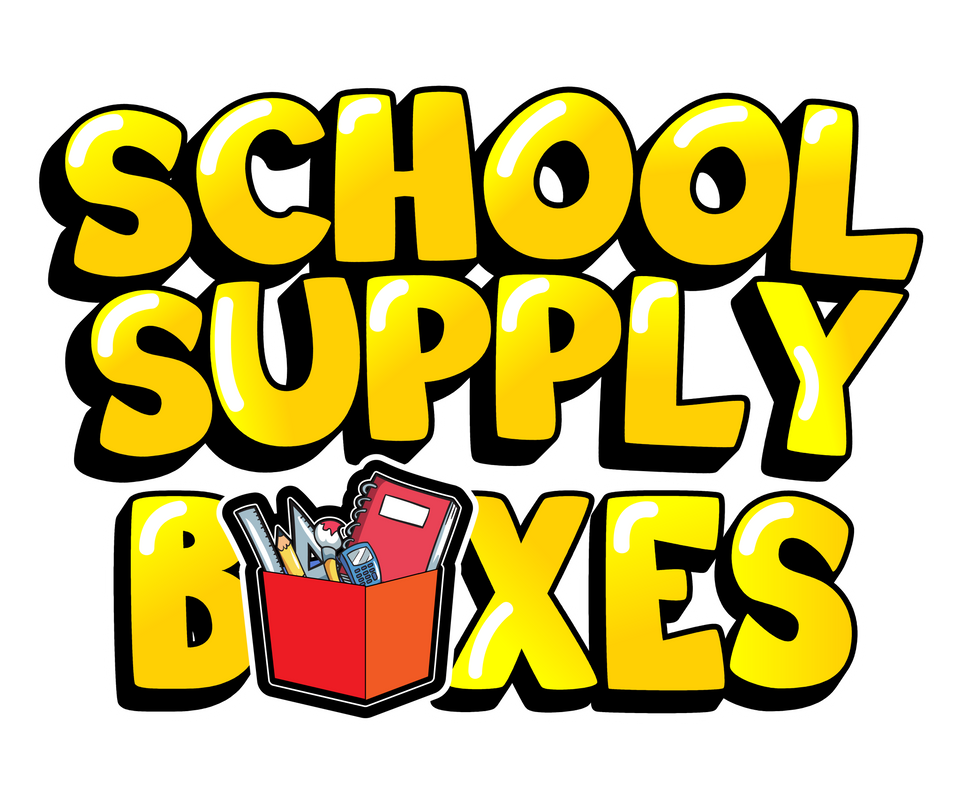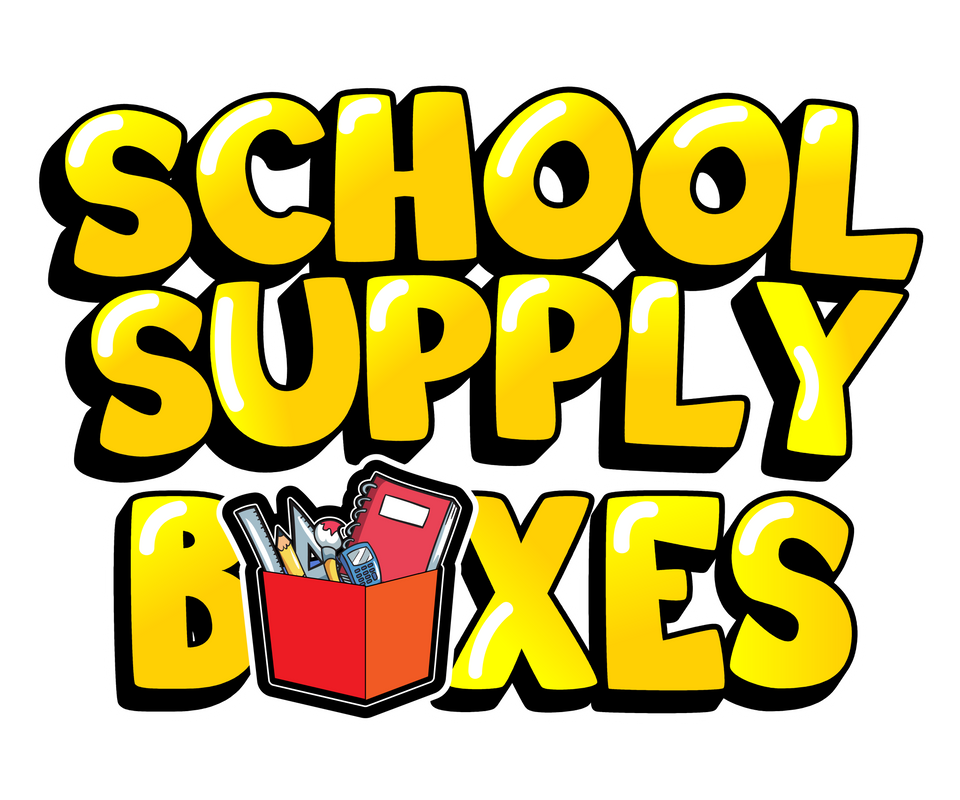Perfect Timing: Teaching Younger Kids Time Management Skills
When you’re a kid, time is on your side. Summertime seems to go on forever, school is actually fun, and you get snacks! But like a cruel thief, adulthood comes and hits us all like a bus. Work seems to go on forever, there’s never enough vacation time, and snacks make you fat.
Eventually, kids need to understand the value of time and be given a little bit of structure. Sure, they’ll learn about time in school and what each hand means, but most kids don’t learn time management skills until they’re in their teens and struggling to get everything they need to do done in a few hours.
Starting young is critical to teaching kids the value of time and how important it is to make sure they’re spending it wisely. Of course, there will always be plenty of time to have fun, but providing a sense of responsibility and structure will help them get used to more rigid schedules as they get older.
Create a Calendar
While your kids might be a bit far off from knowing what learning style they prefer, visual forms of organization seem to work best with a lot of people, especially with kids when you make it fun.
Sitting down and creating a calendar with your kids to show them what happens on certain days will help them get started developing that sense of time. Make it fun for them by using stickers and let them stick them to the calendar so they are responsible. Hang it up in a place where it’s easy for them to see and everyday, and make sure they look at the calendar to see what important things are going on in the week.
Just like you do on your work calendars, let them put an X on the day when it’s over. It’s a great way to teach them dates and to help them memorize the number of days in a month.
For decorating your calendar, use schoolhouse stickers for school, doctor stickers for a doctor visit, fun stickers for vacation times, or food stickers for when you all are going out for a family meal. As always, let them update the calendar when things need to change so they get used to the process of keeping track of dates.
Break Down Time with Schedules
After you’ve nailed down simple calendars, it’s time, no pun intended, to bring in schedules.
Because kids have lives that are significantly easier than adults, scheduling their lives shouldn’t be that complicated. Break down their day in a way that’s easy for them to understand, such as by morning, afternoon, and evening.
If your child has a morning routine thanks to school, it offers an easy opportunity to break down their day for them. For example, they wake up at a certain time, then they need to brush their teeth, followed by getting dressed, breakfast, and then going to school.
After a long school day, they come home at a certain time, work on homework if they have any, have dinner, bathtime, then bedtime.
Schedules will help kids get used to a routine. You can use the same structure as the calendar to help kids learn when chores need to be done.
Teaching Importance
There is a big difference between “I want to” and “I need to.” So often, parents might use the phrases incorrectly and kids, being sponges of information, will repeat the things they hear back. But when it comes to time management, knowing what’s important and what’s not can help them to use their time more wisely.
Teach your children the difference between something they need to do and want to do. Everyone has things they want to do, but there simply may be no time because there are other things that need to be done first. This is something they might have a difficult time learning because the mind of a kid may think it’s possible to do everything all at once. Teenagers can be like that too. Kids may really want to play with friends, but they can’t because they have chores that need to be done first. They might be impatient about wanting to go somewhere or do something, but it’s simply not time for it yet.
It also helps to catch yourself when you’re talking around them so they don’t pick up on the bad habit. Do you really need to do something, or do you just want to do it?
Making Rewards Work
If you’ve been great at getting things done and you’ve worked hard, don’t you think you deserve a little reward? Your kids certainly do.
Rewarding kids for sticking to their routines, getting chores done on time, and maintaining their schedules and calendars will go along away. Positive reinforcement is a great way to help them be more interested in this new skill they’re learning and rewarding them with little goodies will make it even more stimulating.
Rewards don’t have to be anything tangible. Instead, make the rewards relate to their calendars and schedules. For example, a reward can be removing a specific chore and replacing it with fun time. Or, offer them a chance to stay up a little longer on certain nights. While it may seem like a simple reward, the reward system does teach them something important that you should reinforce. When you stick to a schedule and you’re getting things done, sometimes you can make more time for the things you want to do, which makes you want to keep working hard.
Be the Example
Teaching kids a skill like time management works best when you’re showing them that you’re practicing it too. If you’re not the greatest at time management, you may find yourself getting better at it while your child is learning it. Never skip the chance to learn something along with your child.
Set up your own calendar and schedule in the same way as your child and make sure they can see it. Make sure to check off tasks and mark off dates just as they are and do your best to get all your work done the same way you’re asking them to finish their chores.
Of course, encouragement goes a long way, especially when there’s a reward to work towards. If you’ve created a family calendar, make a big goal for everyone if everything on the schedule gets done for the week or the month. Encourage your kids to stay on task and let them encourage you too.
Which techniques do you use in your house to teach kids time management? Does providing them a calendar work for them? Be part of the conversation and share your time management teaching suggestions in the comment section!


